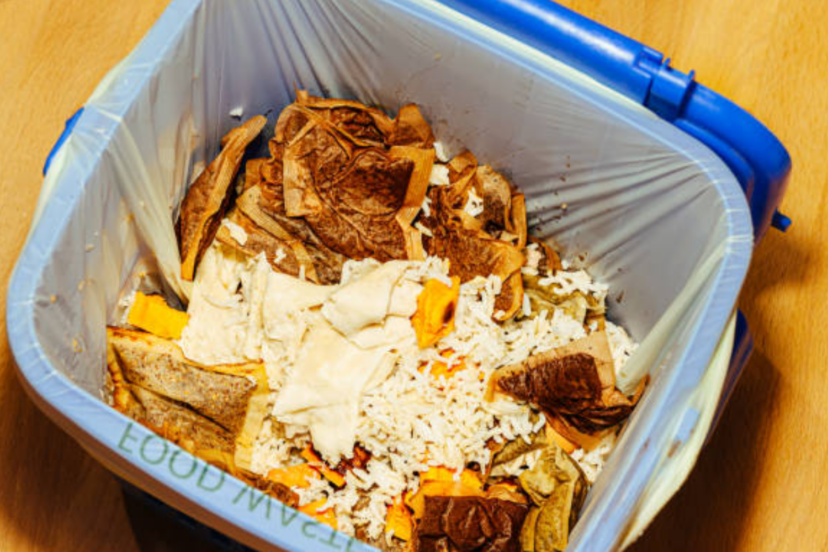Kitchen Hacks for Reducing Food Waste
Practical Strategies for a Sustainable Kitchen
In a world where food sustainability is paramount, kitchen hacks for reducing food waste has become a crucial goal for every household. The kitchen, being the heart of the home, is where significant steps can be taken to combat this issue. In this comprehensive guide, we’ll explore practical kitchen hacks that not only save you money but also contribute to a more sustainable, eco-friendly lifestyle.
I. Meal Planning and Inventory Management
1.1 Planning Ahead for Success
- Effective meal planning is the cornerstone of any food waste reduction strategy. Start by creating a weekly meal plan based on what you already have in your pantry and refrigerator.
1.2 Mastering the Art of Grocery Lists
- Craft a detailed grocery list based on your meal plan, and stick to it while shopping. This simple habit can significantly reduce impulse purchases and help you buy only what you need.
II. Smart Storage Solutions
2.1 Proper Food Storage Techniques
- Knowing how to store different types of food items can extend their shelf life. Learn the best practices for storing fruits, vegetables, dairy, and pantry staples.
2.2 Embracing Reusable Containers
- Invest in high-quality, airtight containers for storing leftovers and ingredients. This not only keeps your food fresher for longer but also reduces the need for disposable plastic wrap or bags.
III. Creative Cooking and Meal Prepping
3.1 Embracing “Nose-to-Tail” and “Root-to-Stem” Cooking
- Maximize the use of every part of an ingredient. For instance, use vegetable scraps for homemade broth, or utilize meat bones for flavorful stock.
3.2 Batch Cooking and Freezing
- Cooking in larger quantities and freezing individual portions can save time, money, and prevent food spoilage. Label and date items for easy identification.
IV. Transforming Leftovers into New Creations
4.1 Reinventing Meals with Leftovers
- Get creative with leftover ingredients. Turn yesterday’s roast vegetables into a hearty frittata or repurpose cooked grains into a flavorful salad.
4.2 Making Use of Stale Bread and Overripe Produce
- Stale bread can be revitalized into croutons, breadcrumbs, or bread pudding. Overripe fruits can be blended into smoothies, baked into muffins, or used for homemade jams.
V. Composting and Recycling
5.1 Establishing a Kitchen Composting System
- Composting organic waste like fruit and vegetable scraps can enrich your garden soil and divert waste from landfills. Consider investing in a compost bin or creating an outdoor compost pile.
5.2 Reducing Packaging Waste
- Choose products with minimal packaging or opt for bulk items. Additionally, recycle or repurpose food containers whenever possible.
VI. Mindful Consumption and Portion Control
6.1 Right-Sized Portions
- Be mindful of portion sizes to avoid cooking more than necessary. This not only reduces waste but also promotes healthier eating habits.
6.2 Minimizing Food Spoilage
- Regularly check the freshness of your perishables and prioritize using items that are nearing their expiration date.
Conclusion
By incorporating these kitchen hacks into your daily routine, you can make significant strides towards reducing food waste. Not only will you save money, but you’ll also contribute to a more sustainable, eco-conscious lifestyle. Remember, every small effort counts in the global fight against food waste.


Comments are closed.